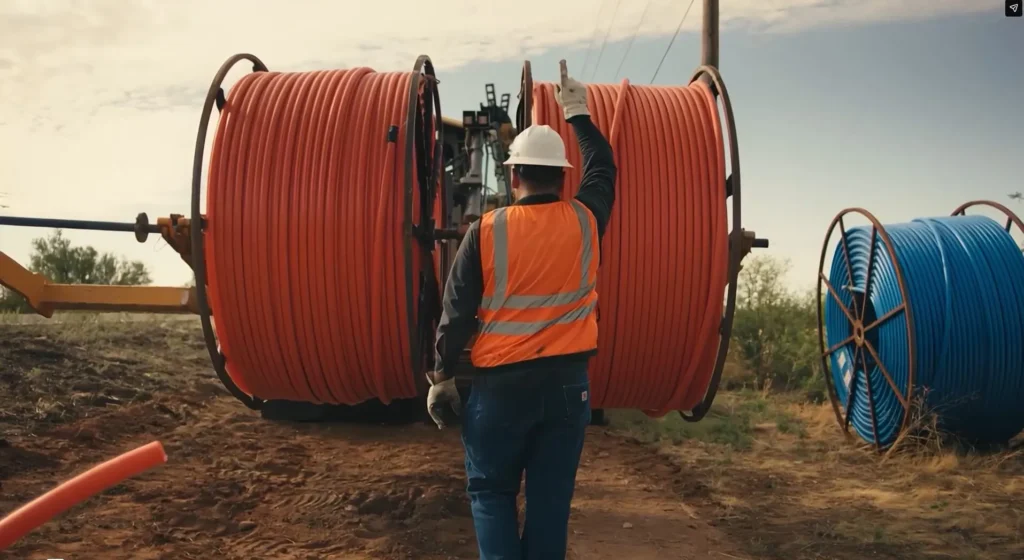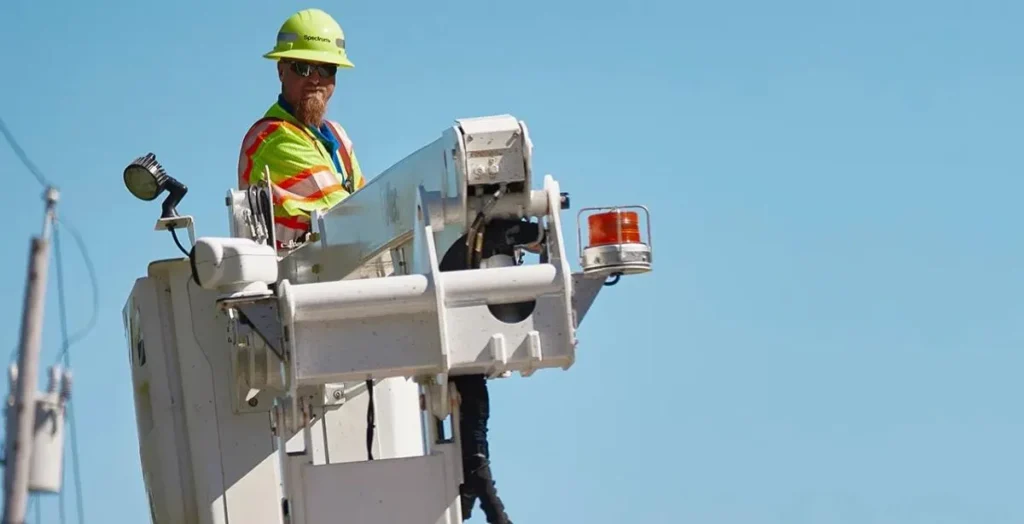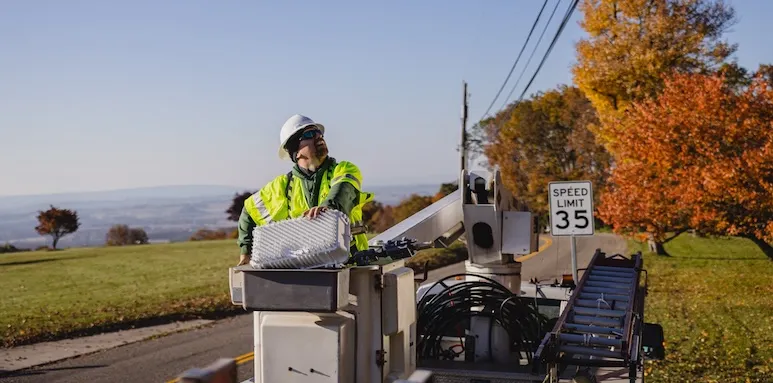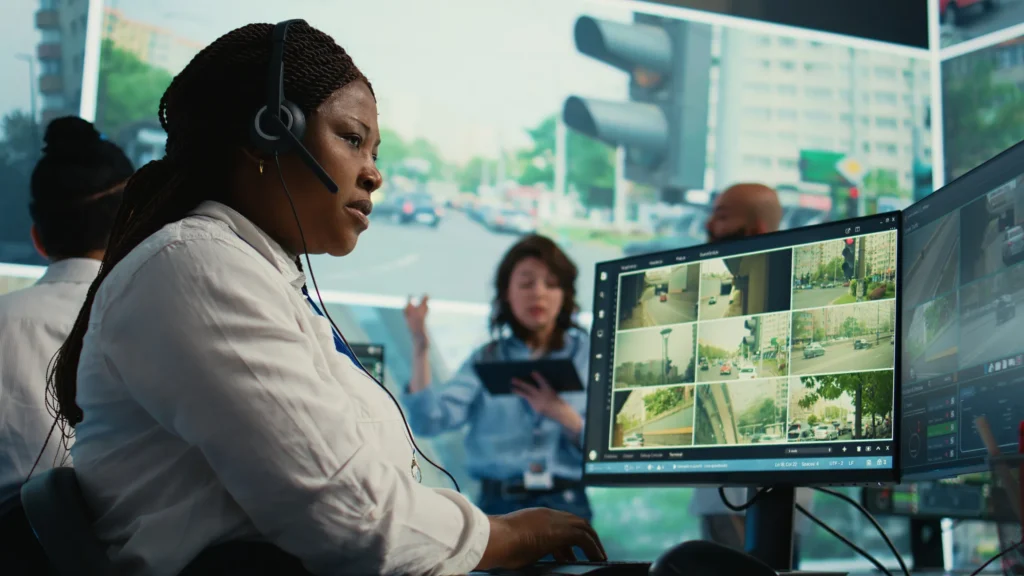“We have a show still in production right now, starring two female leads [Sandra Oh and Jodie Comer], and underpinning it are some feminist themes around women and friendships. It’s a constant conversation that centers around the representation of women, and a really vital and energetic one,” said BBC America President Sarah Barnett in a Q&A with NCTA on gender diversity on television back in September. She was referring to the new drama Killing Eve, which has become one of the network’s top shows since its premiere in April, and a ratings rarity in today’s competitive TV marketplace. Though its audience is smaller than a show like HBO’s Westworld, what’s fascinating about Killing Eve and why media has become so intrigued by the drama is its ability to increase its viewership as the season progresses. Though Barnett was excited about the potential of the show last year, she probably didn’t anticipate the unique kind of following that it garnered this spring.
Killing Eve, a drama about an MI5 agent on the hunt for a psychopathic assassin, premiered in early April to 669,000 viewers, as Nielsen reported, and steadily gained fans through its first seven episodes, growing by 47 percent in its Live+3 ratings (combined live airing and time-shifted viewing audiences over the course of three days) and reaching 986,000 total viewers for its seventh episode. Though the season finale ratings have not yet been released, it’s easy to guess given this viewership pattern that the eighth and final episode also hit it out of the park. This is no easy feat, especially with shows like Westworld and the NBA Eastern Conference tournament dominating people’s screens.
Known for its signature hits Orphan Black and Planet Earth, BBC America doesn’t carry the same mainstream recognition that some of the bigger networks do. But the results of Killing Eve speak volumes about what a network like BBC America can do with a unique storyline and a strong and diverse cast that motivated viewers to keep spreading the word about the new show that caught their attention. According to Nielsen, the finale garnered 37,000 social media interactions, and even outdid Westworld on Twitter and Facebook.
Killing Eve is led by a female production team, with showrunner Phoebe Waller-Bridge and executive producer Sally Woodward Gentle at the helm. At the TCA Winter Tour earlier this year, the Killing Eve panel discussed the risks that the network and the show’s creators were willing to take to make an impact on audiences, and it started with recruiting a budding writer like Waller-Bridge who was mostly known for writing and starring in comedies and plays (like BBC Three’s Fleabag).
“When someone takes a leap like that for you, and you think, ‘Of course I feel like I can do that because I’m a writer, and I want to be able to do different genres and characters,’ it was just such a breath of fresh air early on for someone to say, ‘How about you do something incredibly different’,” said Waller-Bridge. Sandra Oh followed up by saying, “This is speaking so highly of Sally and BBC America and to also what’s going on right now … here is a young person [Waller-Bridge] who has a creative voice who is in a play, who writes her own play [Fleabag]. Someone takes a big chance and then goes, ‘I’m going to give you an entire show.’ ‘Can I do it? I think I can.’ Right? And it’s someone stepping up, and then BBC America saying, ‘Okay. I’m going to take the whole thing, and then you can cast it how you want.'”
It was too soon for the cast to know the success that awaited them, but there’s no denying now that Killing Eve just exemplifies how taking those chances directly leads to great television, and in turn, has the potential to transcend our often fast-paced and fragmented media culture.








